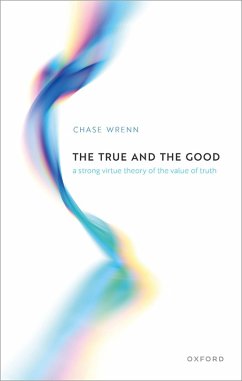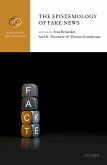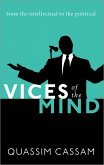Philosophical thinking about truth has revolved around two key questions. First, what is the nature of truth? Second, why should we value it? It has proven difficult to answer both questions at once. Some theories analyse truth in terms of goodness. Truth is a specific kind of goodness for beliefs. They have an easy explanation of truth's value, but they obscure the connection between truth and how things are. What does belief have to do with whether it's true that there is water on Mars? Other theories treat truth as a descriptive feature: a claim is true when things are as it says they are. Such theories face a version of G. E. Moore's open question problem. How could a claim's purely descriptive features make it good or right to believe? The problem of truth's value is the problem of reconciling a good theory of what truth is with a good theory of why truth is valuable. This is the first monograph focused on solving it for theories that construe truth in the purely descriptive way. Drawing on minimal assumptions about truth's nature, it proposes a virtue-theoretic understanding of truth's value. The attitude of valuing truth is a morally laudable character trait. That is, it's a virtue. But its virtuousness doesn't stem from the nature of truth. It arises because, in manifesting the trait, we promote the overall good. A good society needs to members who value truth over falsehood and ignorance, for themselves and for others.
Dieser Download kann aus rechtlichen Gründen nur mit Rechnungsadresse in A, B, BG, CY, CZ, D, DK, EW, E, FIN, F, GR, HR, H, IRL, I, LT, L, LR, M, NL, PL, P, R, S, SLO, SK ausgeliefert werden.









